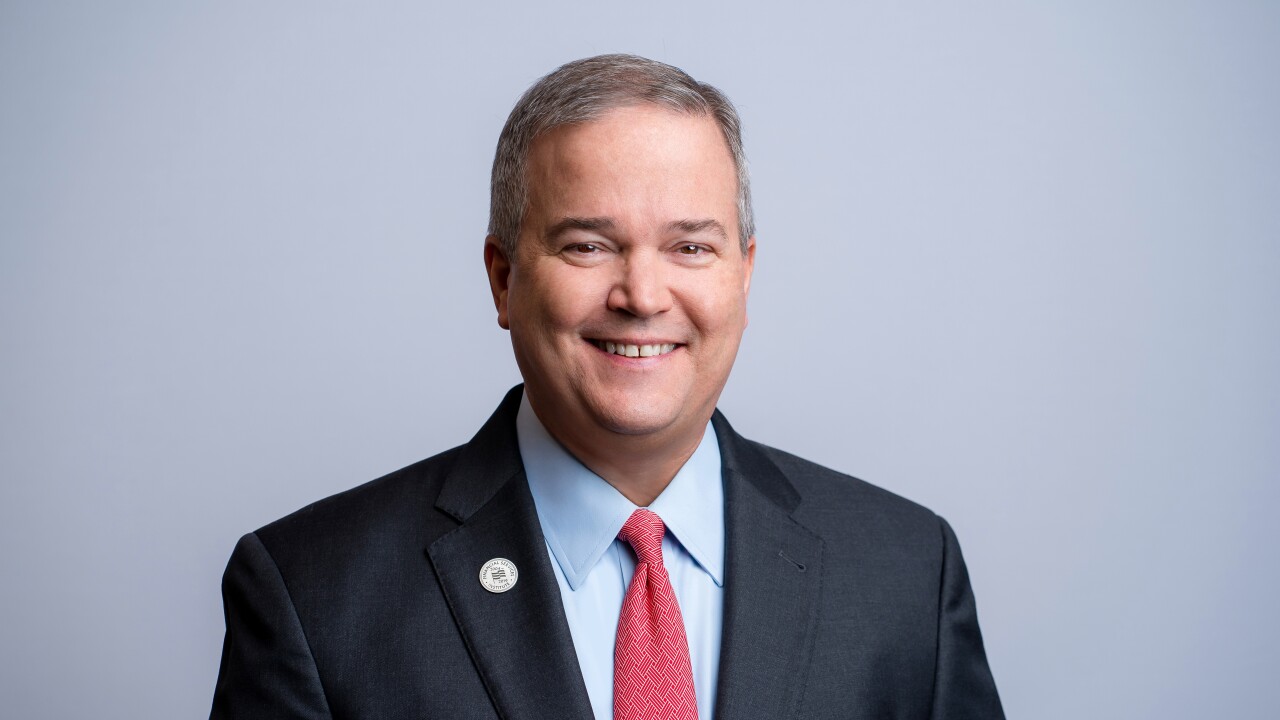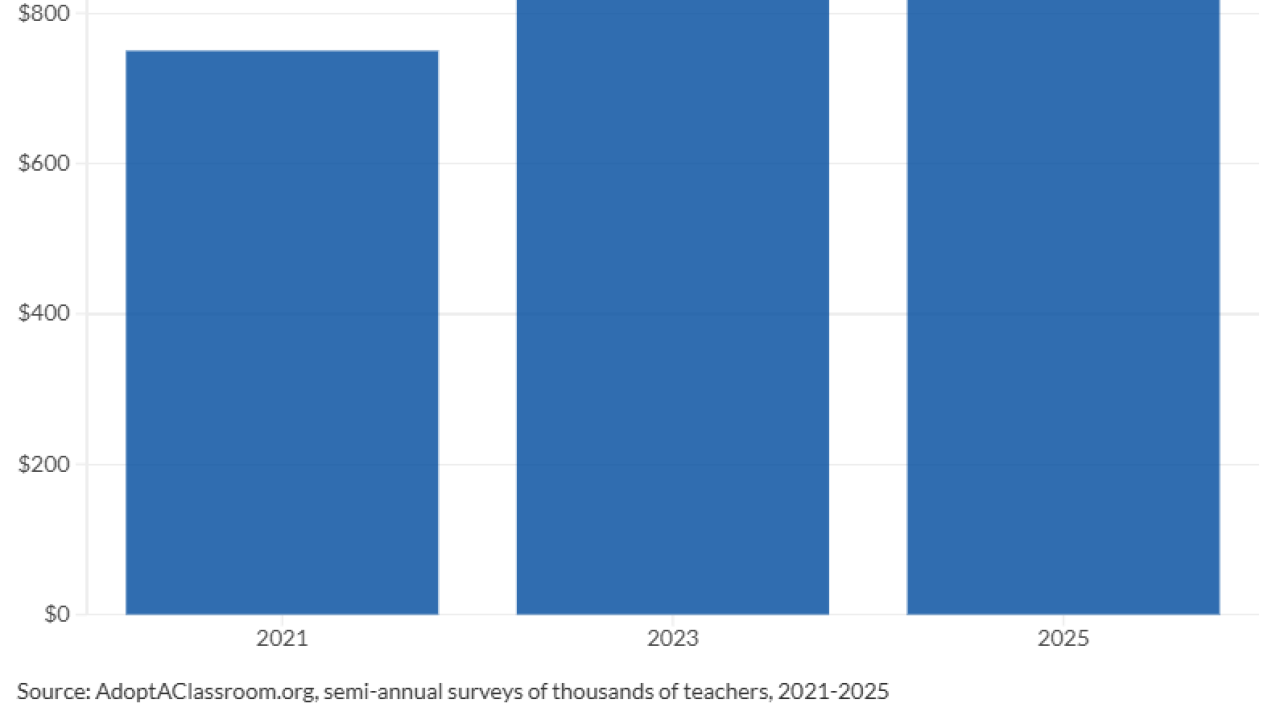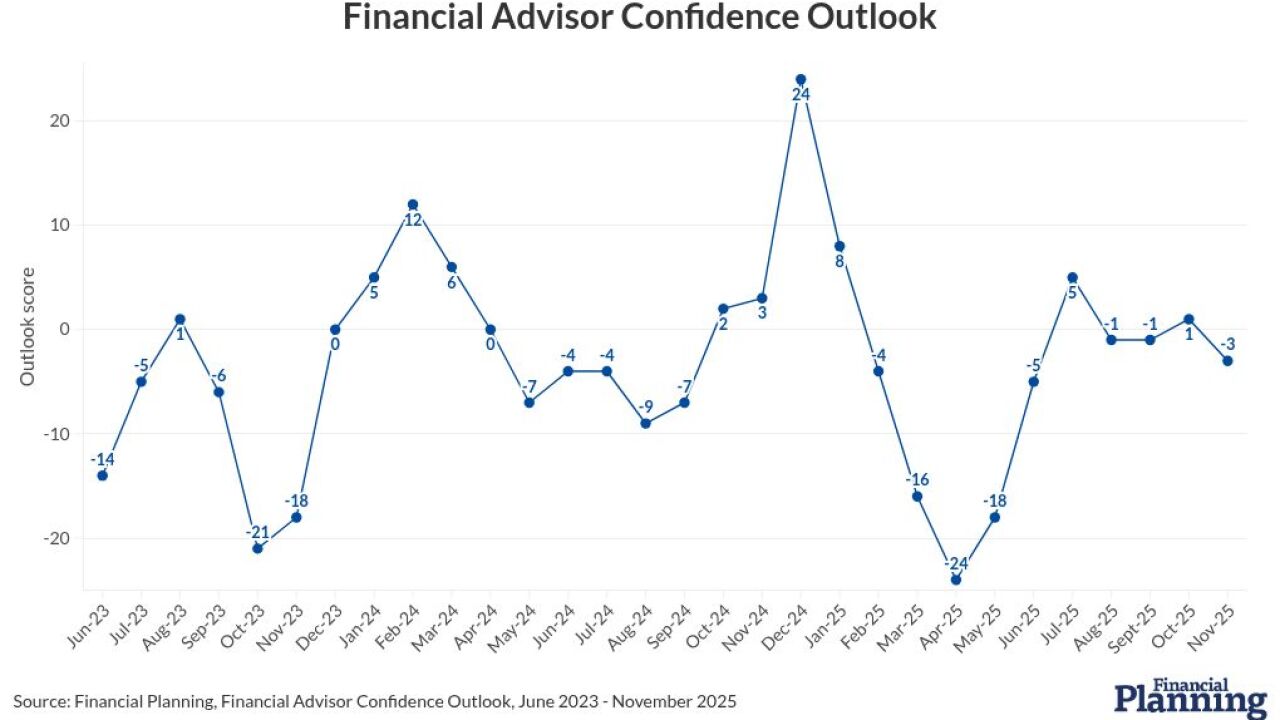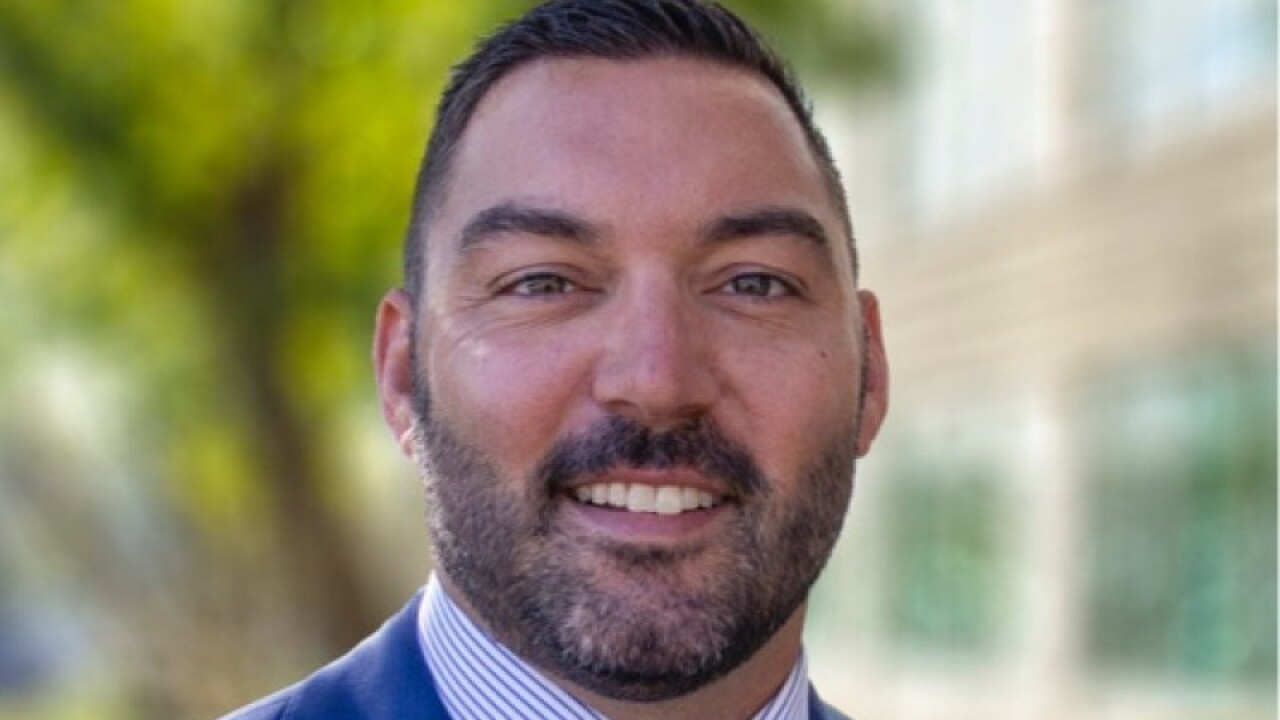The wealthy are still giving despite the economic downturn, according to a study by
Even given losses of up to 37% in the stock market, 75% of the high-net-worth said they wouldn’t decrease their levels of giving; 26% said they would even increase their levels of giving to help charities weather the downturn. That was particularly true of younger donors (under age 45) and entrepreneurs who were likely to increase their giving by 3% to 4%. However, overall, giving was cut back by 2% to 3% on average among all respondents, especially those over 55.
The wealthy were also most committed to global social problems such as health and medical issues, helping children, and the environment as opposed to traditional gifts to churches and the arts. The study also found that the wealthy are likely to play a greater role in funding welfare projects compared with governments in part because governments are innately conservative while the newer breed of donors are more innovative, and partly because government budgets worldwide are constrained by the recession.
Entrepreneurial donors in particular want to treat philanthropy more like a business where they contribute their skills and money directly to a charitable project and can solve a problem rather than merely support a charity. They want to see or measure the impact during their lifetimes as opposed to after their deaths. In the philanthropic new world order, “charities will no longer be able to rely on bequests to the same extent and will have to engage and involve major donors in order to show them the impact their gift will have,” write the study authors.
The good news for advisers is that these wealthy entrepreneurs are now looking to financial institutions to help them manage their philanthropic options. “The choices are now wider than ever before, and many wealthy individuals are starting to use professional advisers to help determine how they might achieve the greatest possible impact with their donation as they have always done in their business lives and with regard to their investments,” says the report.





